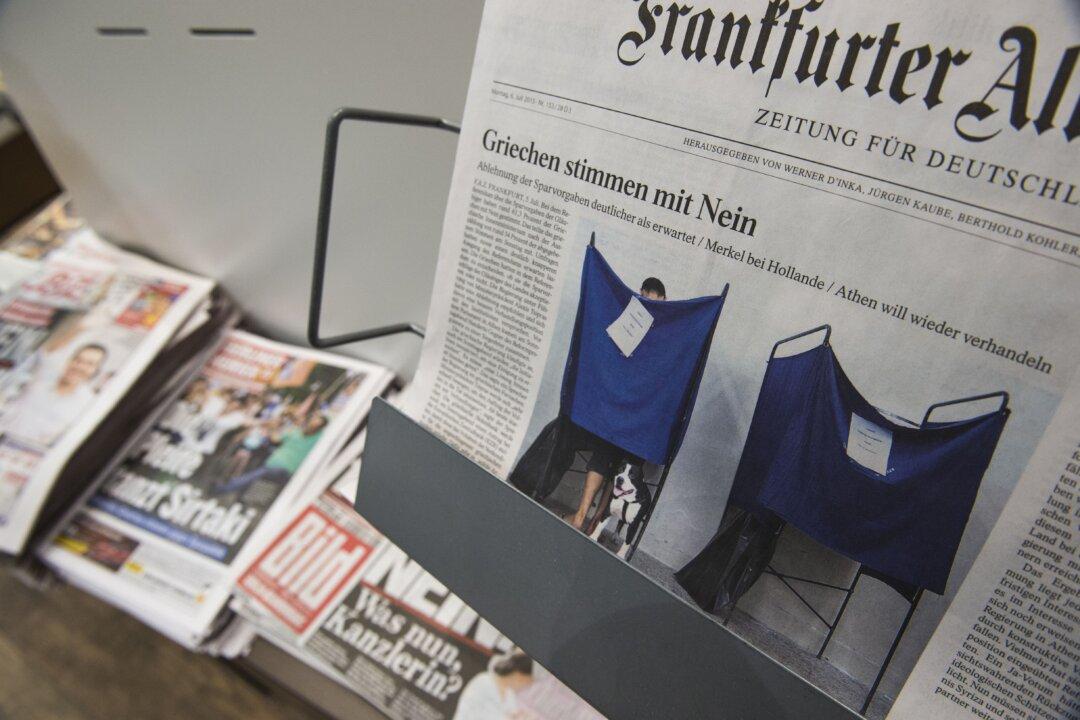Following news of the United States’ proposed tariffs on Chinese goods, other nations have been watching how this trade war between the world’s two biggest economies will unfold.
In recent days, German media have called for the European Union to align with the United States in fighting China’s unfair trade practices.





